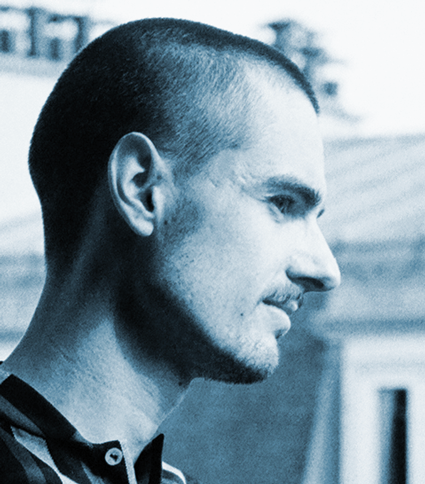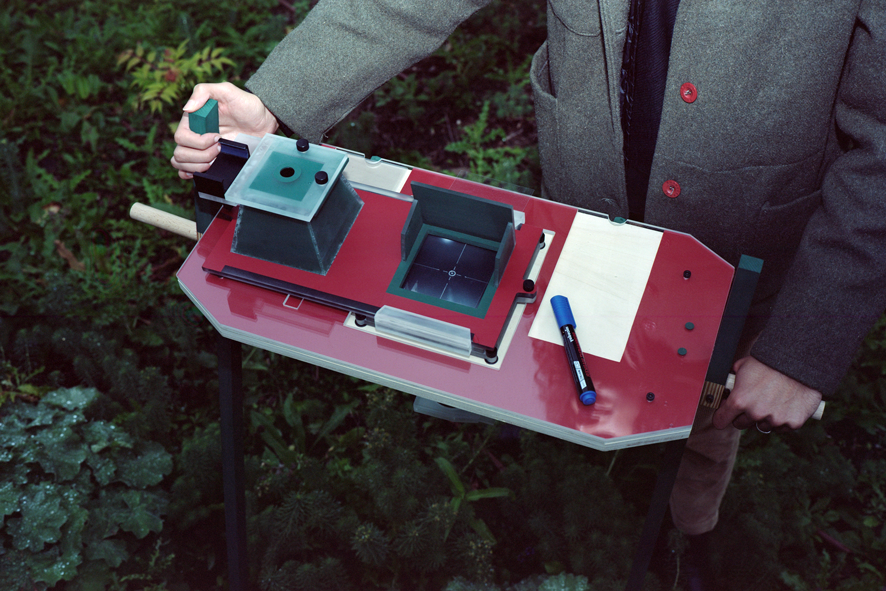
Troff Olivier
Guiding, Probing, Rearranging.
Prototyping the Collective Study of the XXIst Century Landscapes.
Under the supervision of James Auger, designer-researcher, and Claire Brunet, philosophy of design. Since septembre 2020.
Guiding, Probing, Rearranging.
Prototyping the Collective Study of the XXIst Century Landscapes.
Abstract
Considering environmental emergency, knowledge of landscapes is put to the test by exponential perspectives, knowledge, and experiences, all diverse and potentially divergent. In addition to this, local manifestations of an ecological shift still need to be collectively documented to inform how the domestication of productive landscapes is being challenged. Landscape mediation is partially accustomed to those tasks while is limited by the participatory tools it uses.
This practice-based research borrows from the relational program of interaction design to prototype methods and artefacts that enhance the quality of the shared experience of surveying. Based on optical instruments such as camera obscura, the cam· series devices tacitly rearrange the perspectives of locals, professionals, institutions, and researchers. They probe the terrain to provoke a metaphorical itinerancy through discrete but nonetheless significant dimensions of time and space. Reproducible and adaptable, the guiding artefacts induce an amplified body language which facilitate the way participants take pictures and micro-map terrestrial, subterranean, aquatic, and aerial landscapes.
Field research in Champagne reveals a process of domestication of the vineyard “in the light of limestone” which opens to a speculative landscape perspective suitable for landscape and design projects. Eventually, works organised in partnership in Gennevilliers, near Paris, show that the performative dimension of the artefacts improves community engagement toward popular education.
Supervisor
AUGER James - CRD/Centre de recherche en design - École doctorale 629/Sciences de l'Homme et de la Société - Université Paris-Saclay - supervision at 60%.
Co-supervisor
BRUNET Claire - CRD/Centre de recherche en design - École doctorale 629/Sciences de l'Homme et de la Société - Université Paris-Saclay - supervision at 40%.
Method and financing: Thesis in research-project, in 3 years, financed by the École Normale Supérieure Paris-Saclay via a specific normalien doctoral contract (CDSN).
registration : septembre 2020
thesis defense : novembre 2025
Olivier Troff : Academic CV




